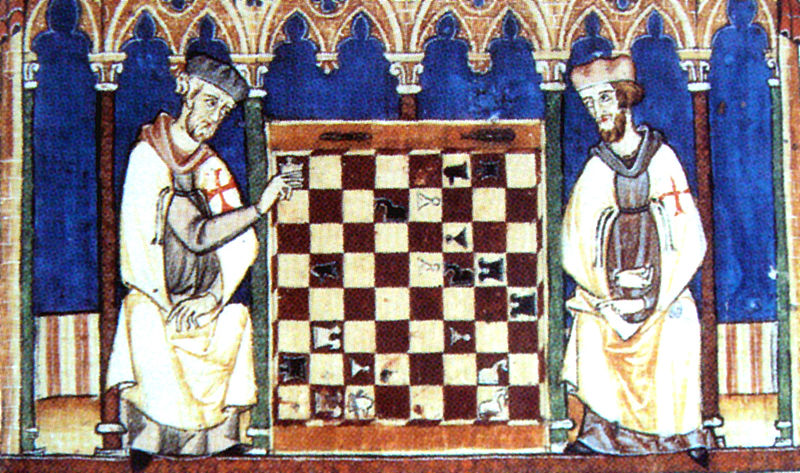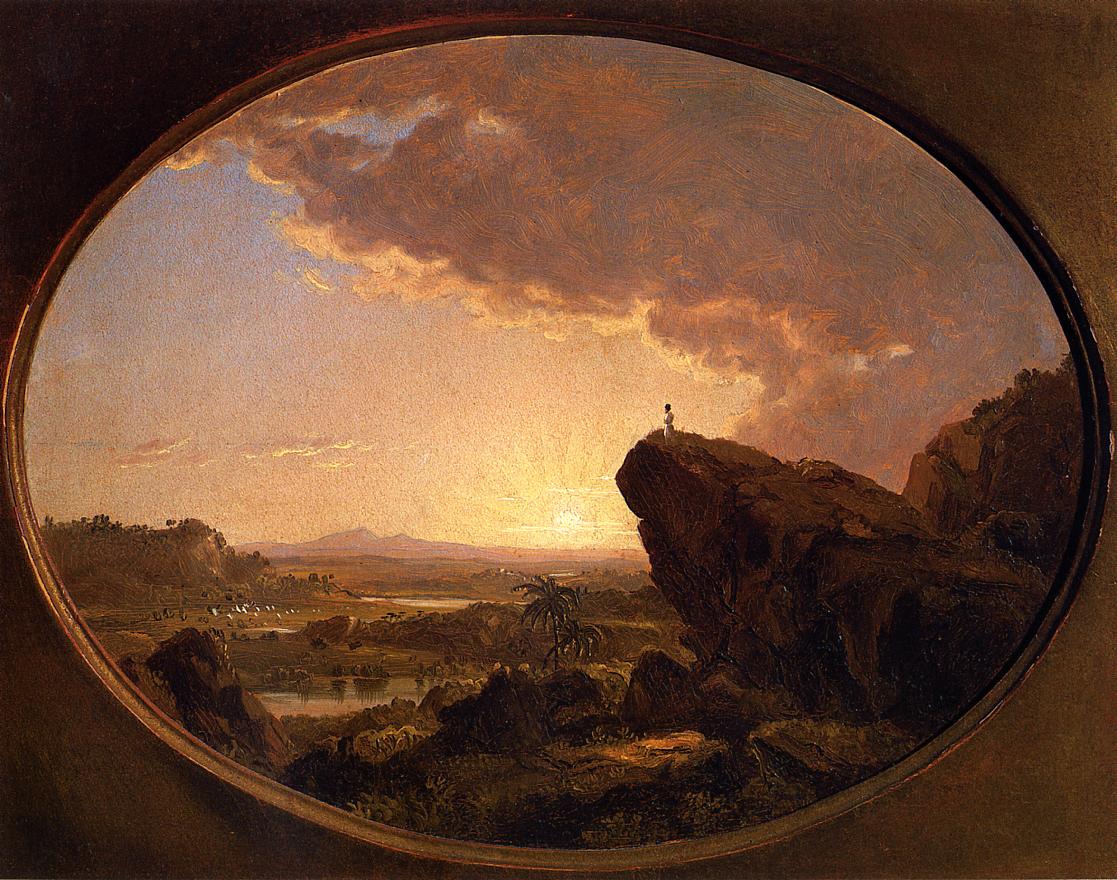“A new scientific truth does not triumph by convincing its opponents and making them see the light, but rather because its opponents eventually die and a new generation grows up that is familiar with it.” — Max Planck
Quotations
“Love Cools Quickly”
- Laziness is a load.
- A good run is better than a long stand.
- The tools are half of the trade.
- Bribery can split a stone.
- The pleasant humorous people are all in eternity.
- A promise is a debt.
- What cannot be had is just what suits.
- It is better to be alone than in bad company.
- It is easier to scatter than to gather.
- The horses die while the grass is growing.
- Be afraid and you’ll be safe.
- The deed will praise itself.
- Poverty is no shame.
- It is better to be lucky than wise.
- Tell me your company and I’ll tell who you are.
- Time is a good historian.
- Self-love is blind.
- Avarice is the foundation of every evil.
- Patience conquers destiny.
- Nothing is preferable to reconciliation.
And “There is no forest without as much brushwood as will burn it.”
Unquote
“Here is a wonder: we have many more poets than judges and interpreters of poetry. It is easier to create it than to understand it.” — Montaigne
“Ideas Too Are a Life and a World”
More aphorisms from German physicist G.C. Lichtenberg (1742-1799):
- “How much depends on the way things are presented in this world can be seen from the very fact that coffee drunk out of wine glasses is really miserable stuff, as is meat cut at the table with a pair of scissors. Worst of all, as I once actually saw, is butter spread on a piece of bread with an old though very clean razor.”
- “A good metaphor is something even the police should keep an eye on.”
- “There are two ways of extending life: firstly by moving the two points ‘born’ and ‘died’ farther away from one another … The other method is to go more slowly and leave the two points wherever God wills they should be, and this method is for the philosophers.”
- “As the few adepts in such things well know, universal morality is to be found in little everyday penny-events just as much as in great ones. There is so much goodness and ingenuity in a raindrop that an apothecary wouldn’t let it go for less than half-a-crown.”
- “One has to do something new in order to see something new.”
- “People often become scholars for the same reason they become soldiers: simply because they are unfit for any other station. Their right hand has to earn them a livelihood; one might say they lie down like bears in winter and seek sustenance from their paws.”
- “Nothing makes one old so quickly as the ever-present thought that one is growing older.”
- “First we have to believe, and then we believe.”
- “Of all the inventions of man I doubt whether any was more easily accomplished than that of a Heaven.”
- “What most clearly characterizes true freedom and its true employment is its misemployment.”
- “I have remarked very clearly that I am often of one opinion when I am lying down and of another when I am standing up.”
- “It is certainly not a matter of indifference whether I learn something without effort or finally arrive at it myself through my system of thought. In the latter case everything has roots, in the former it is merely superficial.”
- “A grave is still the best fortification against the storms of destiny.”
See The Sage of Göttingen, From the Notebooks, Diamonds and Pearls, and Insight.
Misc

- The Dutch word for cease-fire negotiations is wapenstilstandsonderhandelingen.
- Rearrange the letters in ONE THOUSAND KILOS and you get OH, SOUNDS LIKE A TON! (Hans-Peter Reich)
- 1167882 + 3211682 = 116788321168
- The Irish for chess, ficheall, derives from the Old Irish fidchell, “wood intelligence.”
- “Life is a school of probability.” — Walter Bagehot
A tiny detail that I hope is true: In Time in World History (2019), historian Peter Stearns writes that before watches became affordable, some European soldiers “took their own roosters with them so they would wake up on time.”
Unquote
“Politeness and a sense of honor have this advantage: we bestow them on others without losing a thing.” — Baltasar Gracián
“Be not niggardly of what costs thee nothing, as courtesy, counsel, & countenance.” — Ben Franklin
Skill
Letter to the Times, Oct. 23, 2001:
Sir, As a schoolboy in the 1940s I heard the late Sir Robert Wood, Principal of the (then) University College of Southampton, proclaim at a school speech day:
‘The advantage of a classical education is that it teaches you to do without the money it makes you unable to acquire.’
Yours faithfully,
Bill Kirkman
Willingham, Cambridge
Unquote

“Everything at a distance turns into poetry: distant mountains, distant people, distant events: all become Romantic.” — Novalis
Unquote
“He who knows only his own side of the case knows little of that.” — John Stuart Mill
Unquote
“Perchance the best chance of reproducing the ancient Greek temperament would be to cross the Scots with the Chinese.” — Hugh McDiarmid
